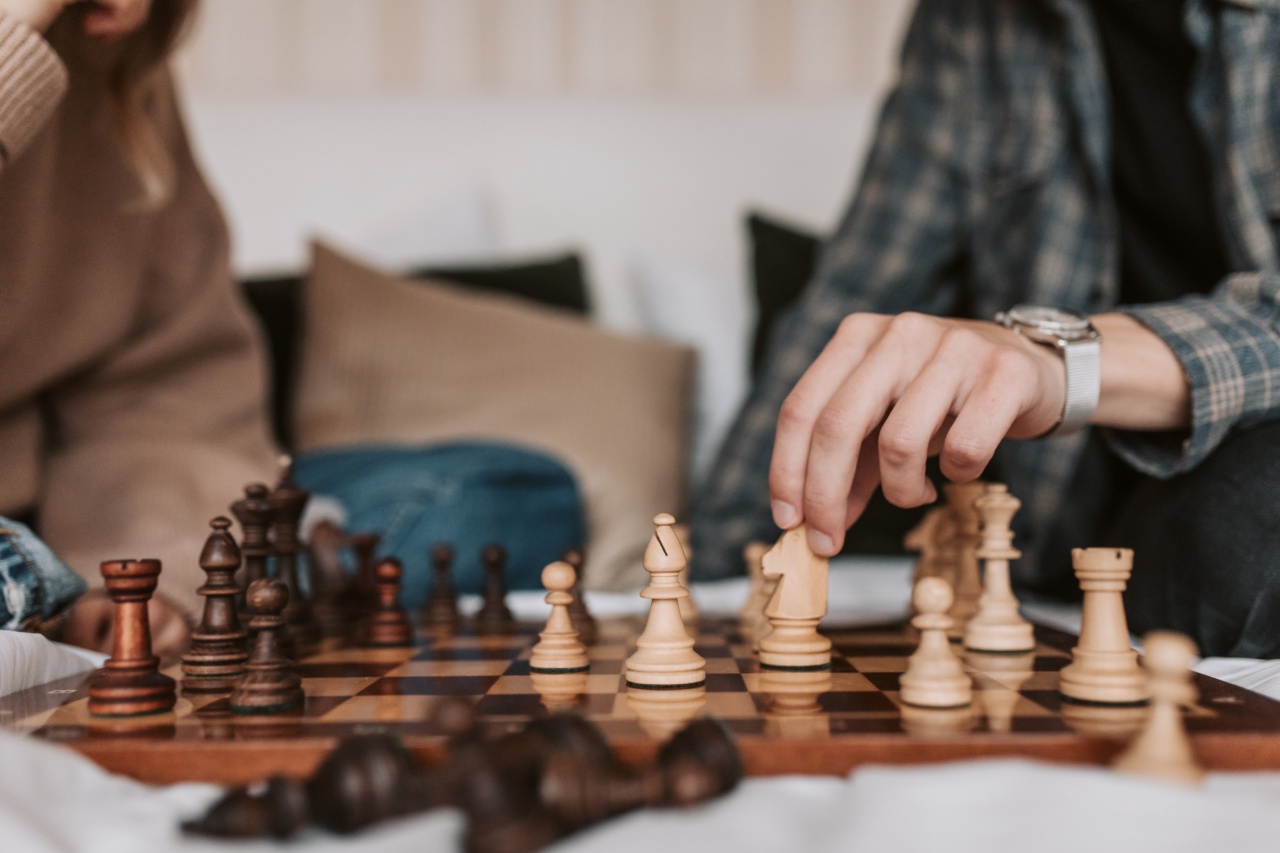Chess is a game of calculated moves, where a single mistake can change everything and cost the game. It is a game that requires immense focus, attention to detail and strategic thinking.
However, despite all the preparations, careful planning and training, chess players are humans, and they are prone to making errors. Discovering the surprising moments when chess players make more mistakes can help improve the game and avoid making fatal errors.
1. When the game is almost won
One of the surprising moments when chess players make more mistakes is when the game is almost won. It’s not uncommon for a player to become overconfident and complacent because they feel they are in control of the game.
This overconfidence leads to carelessness and taking unnecessary risks. In such a scenario, the opponent might take advantage of the situation and seize the opportunity to turn the game around.
2. At the end of the game
The endgame is the final part of the game when only a few pieces are left on the board. It is also the stage when chess players are most likely to make mistakes.
The reason for this is that players are mentally exhausted, tired and have been playing for many hours. The physical and mental fatigue affects a player’s concentration, making them more prone to making errors.
3. When under time pressure
Time pressure is a common phenomenon in chess, particularly in the rapid and blitz games. The ticking clock adds pressure to the players, and they often end up making hasty and irrational moves, leading to errors.
Under time pressure, players tend to focus more on the clock than the board, leading to overlooking good opportunities, poor defensive moves, unnecessary sacrifices, among others.
4. Complacency after a draw
A draw is like a ceasefire in a war; the game doesn’t end until one side emerges victorious. At times players tend to become complacent after a draw and relax, thinking that they have earned a point.
This carelessness can be decisive since their opponent can take advantage of this moment and surprise with unexpected moves.
5. Overestimating their ability and knowledge
Chess players can easily become overconfident and overestimate their ability and knowledge. This overconfidence leads to making rash and poorly evaluated moves.
It’s not uncommon for chess players to underestimate their opponents, thinking that they have a better understanding of the game. However, the opponent may surprise them with an excellent move, and they end up on the losing end.
6. Playing too fast
Playing too fast can lead to errors, especially for inexperienced players. The temptation to move quickly can lead to missing good opportunities, overlooking potential threats, and making careless errors.
Even experienced players make this mistake when they are too confident and underestimate their opponent.
7. Moving pieces too often
Moving pieces too often can lead to a loss of material and eventually cost the game. It’s important to develop a good opening strategy and stick to it unless there are compelling reasons to change it.
Players who move pieces too often end up with unfavorable positions, and their opponent takes advantage of the situation.
8. Overlooking small details
Chess is a game of details, and overlooking small details can lead to a very costly error. Small details such as leaving a piece hanging, missing potential checkmate opportunities or not addressing a potential threat can be disastrous.
Players must pay attention to every move their opponent makes, considering their intentions and developing counter-strategies.
9. Playing a favorite move or opening all the time
Playing the same opening or move all the time might be your favorite, but it can have a negative impact on your game.
Opponents may study your style and anticipate your moves, leading to a disadvantageous situation that you cannot extricate yourself from. It’s important to have several openings in your repertoire rather than relying on one all the time.
10. Not learning from past mistakes
Not learning from past mistakes is another common error among chess players. A single mistake can be costly, but making the same mistake over and over again can lead to a string of losses and frustration.
Chess players need to go back, analyze their games, identify their mistakes, and learn from them. This minimizes the chances of making the same errors in the future.































